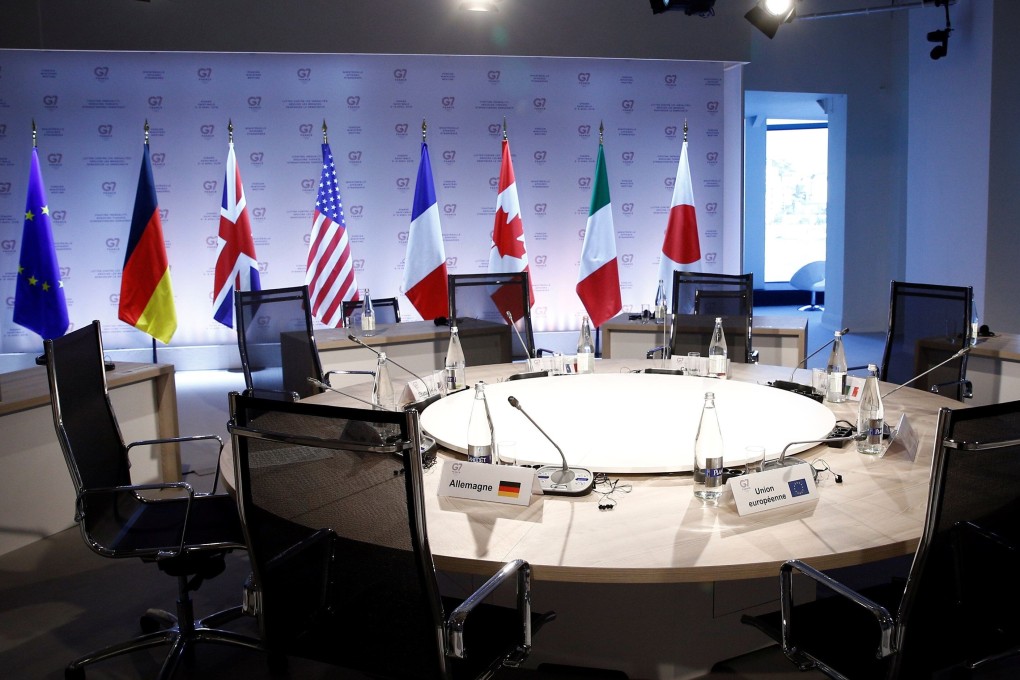Advertisement
Beijing hits back at Joe Biden’s plans to put ‘China challenge’ on G7 agenda
- Foreign ministry statement warns against ‘exclusive cliques’ and ideological confrontation ahead of Friday’s meeting
- Group of Seven virtual talks will be the new US president’s first since taking office in January
Reading Time:2 minutes
Why you can trust SCMP
99+

China has voiced opposition to “exclusive cliques” after the US said the “China challenge” would be on the table during Friday’s virtual meeting of the Group of Seven industrialised nations.
In a statement on Sunday, the White House said “the importance of updating global rules to tackle economic challenges, such as those posed by China” would be among the key issues for discussion, along with the international response to the Covid-19 pandemic and the world economic recovery.
It will be US President Joe Biden’s first G7 meeting since taking office in January. The group of leaders last met in April.
Advertisement
Asked about the meeting and its agenda, Beijing said it was opposed to “clique politics” and ideological confrontation.

Advertisement
“We oppose group politics based on ideological divides, forming exclusive cliques, and imposing the will of a minority group of countries over international society,” China’s foreign ministry said on Tuesday.
Advertisement
Select Voice
Select Speed
1.00x